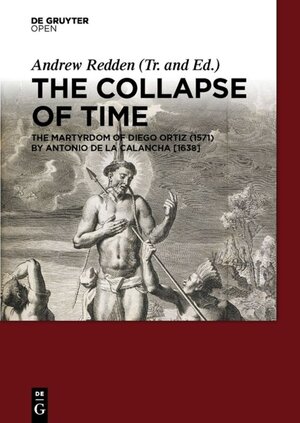
The Collapse of Time
The Martyrdom of Diego Ortiz (1571) by Antonio de la Calancha [1638]
von Andrew ReddenIn 1571, Diego Ortiz, an Augustinian friar, was executed in the neo-Inca state of Vilcabamba (Peru). His killing, and the events surrounding it, marked the final destruction of the Inca Empire by the Spanish and the definitive imposition of a new order on the continent of the Americas. Ortiz’s story was recorded by the chronicler and fellow Augustinian, Antonio de la Calancha, in his Corónica moralizada (1638). He describes Ortiz’s missionary work and recounts his often-fractious relationship with the emperor Titu Cusi Yupanqui before turning to his martyrdom, the destruction of Vilcabamba by the Spanish, and the capture and execution of the last Inca emperor Tupac Amaru. Calancha’s account, meanwhile, exposes a very different way of viewing history from the one we are used to today as it simultaneously describes a teleological narrative while telescoping time into a single moment of creation—the instant time itself was created. This bilingual, critical edition is the first English language translation of Calancha’s account and the introductory essays contextualise these events by discussing the conquest and evangelisation of Peru, and Inca politics of state, while also drawing out this radically different way of conceptualising human history—the collapse of time.




